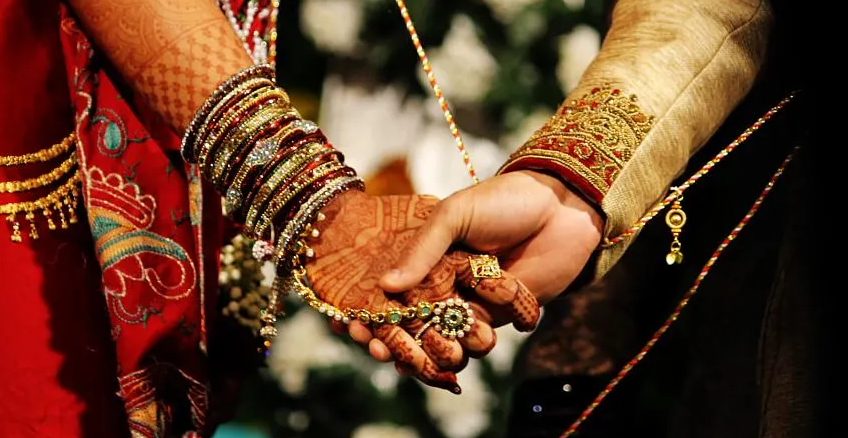Supreme Court verdict on 'quota in government jobs': 93 percent based on merit, 7 percent from quota
The Supreme Court has ordered major reforms in the quota system of jobs in government, semi-government and autonomous organizations. According to the Supreme Court order, 93 percent jobs in the civil service will be based on merit. At the same time, the Supreme Court overruled the judgment of the High Court to restore the quota in government jobs.
The seven-member full bench of the Appellate Division headed by Chief Justice Obaidul Hasan set a 5 percent quota for the children of freedom fighters, martyrs and heroes. One percent quota is reserved for ethnic minorities and another one percent for persons with disabilities and third gender.
In the summary judgment, the apex court did not mention the freedom fighters' grandchildren.
Vacant posts will be filled from the general merit list if eligible candidates are not available from the specified quota. However, despite the court's order, the government can cancel, modify or reform the quota system if necessary considering the overall situation, the judgment also said.
Quoting Articles 19, 27, 28 (4) and 29 (3) of the Constitution, the Supreme Court order said, "This is done to ensure the principle of equality of people and representation of backward sections in the service of the Republic."
The verdict came amid violent unrest surrounding the quota reform movement.
Chief Justice Obaidul Hasan said in observation, we firmly believe that after the judgment and order, the students will withdraw the quota movement.
The court asked the students to return to their institutions immediately and requested the government to ensure fair environment in educational institutions across the country.
Verdict:
On July 21, around 10:20 am, the court sat amid tight security inside and outside the Supreme Court premises, with army, RAB and police personnel stationed at important points.
After Attorney General A M Amin Uddin began presenting his arguments seeking to quash the judgment of the High Court, the court allotted five minutes to each.
Then nine lawyers of the Supreme Court presented their arguments.
The court also heard the arguments of the lawyers of the original writ petitioners and two students of Dhaka University challenging the High Court's verdict.
Arguments lasted for nearly two-and-a-half hours and the bench took a 40-minute break before delivering its verdict in a jam-packed courtroom around 1:30 p.m.
Disposing of two leave-to-appeal petitions, the court said the June 5 order of the high court was set aside.
The bench also said that while quota fixing was a "matter of State policy", they were applying Article 104 of the Constitution for "complete justice" considering the overall situation.
Article 104 empowers the Appellate Division to issue such directions, orders, decrees or writs for the competitive trial of any cause or matter pending before it.
The court also directed the government to issue a circular in this regard immediately.
The other six judges of the bench are - Justice M Inayetur Rahim, Justice Md. Ashfaqul Islam, Justice Md. Abu Zafar Siddiqui, Justice Jahangir Hossain Salim, Justice Md. Shahinur Islam and Justice Kashefa Hossain.
Arguments:
Attorney General AM Amin Uddin and Supreme Court Bar Association (SCBA) Secretary Shah Manjurul Haque argued for the leave-to-appeal petitioner government and two Dhaka University students challenging the High Court's verdict. The Attorney General applied to cancel the High Court's verdict.
He said the High Court's judgment was self-contradictory as it upheld the reservation of 30 per cent quota for children of freedom fighters and at the same time said the judgment would not prevent the government from changing, reducing or increasing the quota.
It is a policy matter of the government whether to keep the quota or not. Therefore, the High Court cannot interfere in policy matters, he said. The Constitution does not allow the High Court to order the Government.
Advocate Shah Manjurul Haque said the High Court's judgment did not discuss why it interfered with the policy of the government, and therefore it should be set aside.
The High Court judgment is wrong because it has termed freedom fighters as "a backward section of citizens" even though the term has no definition, he said.
Tanya Amir said, freedom fighters and their children and grandchildren are not backward citizens. Rather, they are the most respected and dignified citizens of the country, he said, adding that the High Court's judgment in the writ petition was not maintainable.
Sara Hossain said that the quota system should be reformed to eliminate discrimination.
Lawyers AF Hasan Arif, Zainul Abedin, Mahbubub Uddin Khokon, Ahsanul Karim Tanjib-ul-Alam, ZI Khan Panna presented their arguments in favor of quashing the judgment of the High Court.
Advocate Munsrul Haque Chowdhury opposing the leave-to-appeal said that since August 16, 1975, for 21 years, the freedom fighters and their children had suffered a lot. There was no illegality in treating their citizens as backward sections in the High Court judgment, he said.
Chief Justice Obaidul Hasan told him that the constitution did not define the 'backward section' of citizens.
Notably, the government issued a gazette circular on July 23, applying the provision of 93 percent merit-based recruitment to all grade jobs, in order to implement the Supreme Court's recommendations.






